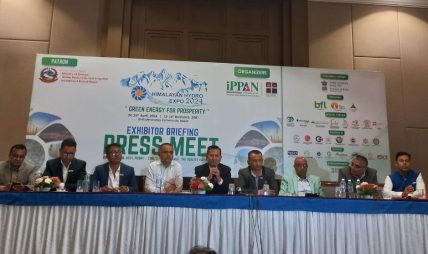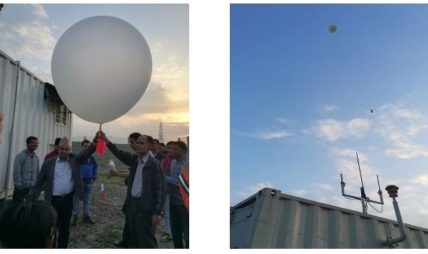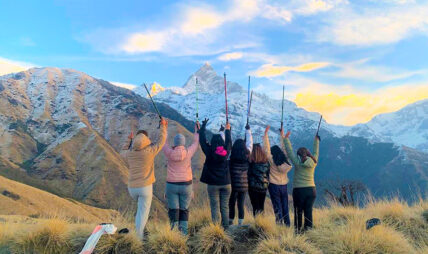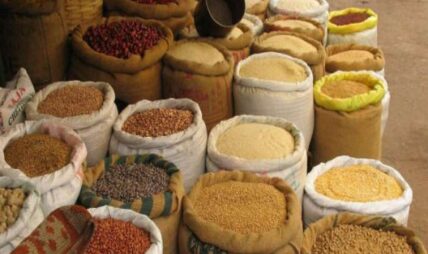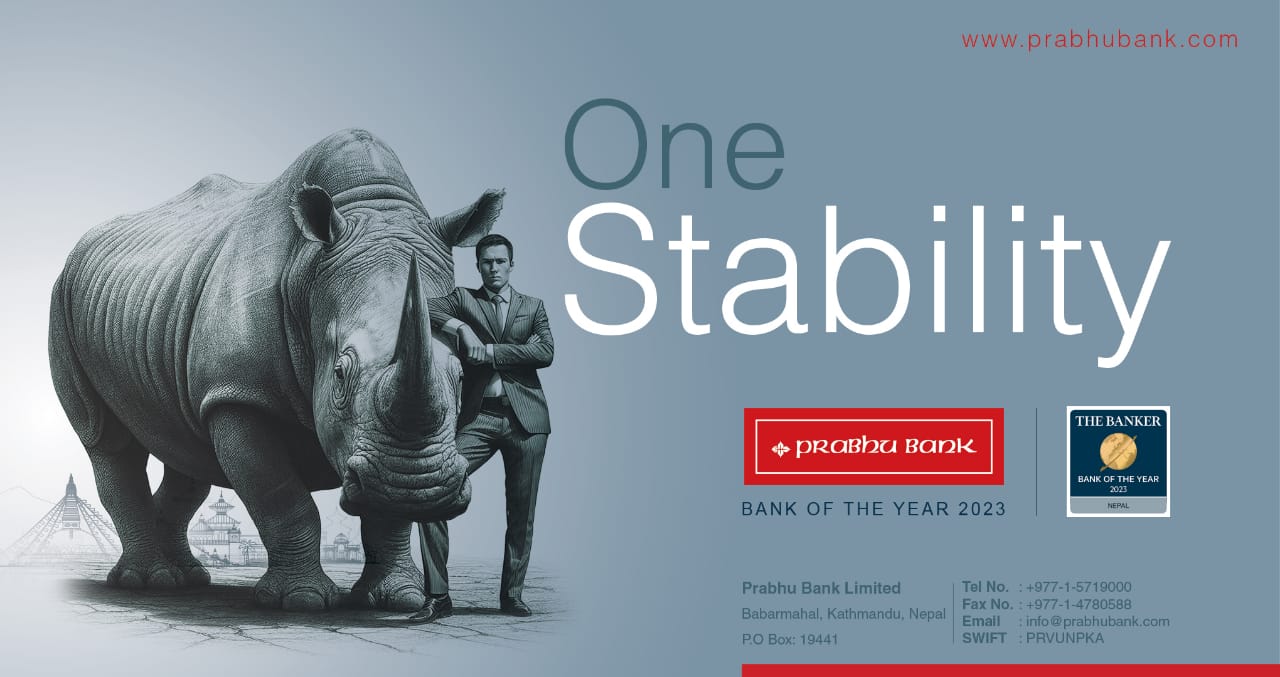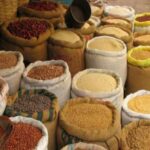
The economic shock of the onset and spread of COVID-19 in developing countries is already being felt. The United Nations’ Framework for the Immediate Socio-Economic Response to the COVID-19 Crisis issue of April 2020 warned that “The devastating short-run and medium-term social and economic effects of COVID-19 will be felt with great intensity in all developing countries irrespective of their income level.” This UN statement implies that the pandemic is far more than a health crisis, and likely to affect economies of countries in Africa, Asia, Middle East, and Latin America at their core. Although the overall economic impact of COVID-19 is different from country to country, the increased levels of poverty and inequalities globally shows the indiscriminate effect of the virus in all developing economies. The top four major areas greatly impacted so far include the labor market, rent and housing market, food security and livelihoods, and the public transport sector.
Labor Market
Countries in Africa, Asia, Middle East, and Latin America have imposed measures to help curb the spread of COVID-19, resulting to massive job losses in both the formal and informal sector. In Kenya, for example, the 9 pm to 4 am curfew has had a devastating effect on businesses and workers who depended on the 24-hour economy. Workers who have lost their source of income from the dusk to dawn curfew risk falling into dire poverty, with the situation likely to get worse as COVID-19 infection rate continues to spike. A May 2020 survey conducted by the Kenya Bureau of Statistics (KNBS) indicates a fall in the labor participation rate in the country. The percentage of active employed people (in both formal and informal sector), according to KNBS, has fallen from 65.3% in men and 48.8% in women, from an overall labor-force participation rate of 75% in 2019. The cashflow of many people, undoubtedly, has been disrupted, pushing these people to find other ways of surviving.
Rent and Housing Market
The job cuts in both the informal and formal sectors has made it hard for people to pay bills, including rent. Employers have downsized their workforce permanently, while some have given temporary layoffs and unpaid leaves to their staff. Kenya is a classic example of how the rent and housing market has suffered a big loss. The KNBS survey of April 2020 indicates that 30.5% of Kenyans living in rented apartments and houses did not pay their rent on time, citing job losses and reduced income as the main cause. Other reasons highlighted by the survey include delayed employee income and unemployment resulting from COVID-19. Although governments in these countries have appealed to landlords to waive rent for their tenants, some landlords have forced out tenants who are unable to pay rent from their premises. In April 2020, for example, some landlords in South Africa were reported having evicted tenants from their houses, while some cut electricity and water illegally. While in Kenya, only 8.7% of landlords have agreed to waive rent to their tenants.
Food Security and Livelihoods
Majority of economically active people in developing countries rely on agriculture for a living. In Africa, for instance, about 60% of the people live on agriculture, according to a report by McKinsey. About 650 million people in Africa were experiencing food shortages in Africa before the onset of COVID-19, while about 250 million were already in a food crisis. In invasion of locusts early this year and the current COVID-19 pandemic has made food insecurity become more pronounced. Why is this an economic problem? Approximately 23% of Africa’s Gross Domestic Product (GDP) comes from the agriculture sector. Thus said, a high number of people work in farms and plantations as casual workers, who are now rendered jobless as transport restrictions, border shutdowns, and layoffs continue to take toll. It also means the overall production in this sector has reduced significantly as the size of the workforce continues to shrink. In Kenya, COVID-19, floods, and locust invasion has affected agriculture massively. Open markets for farmers have been closed in various parts of the country to reduce the spread of the virus, making the supply of food produce short and pricey to the common man. A recent study by GeoPoll indicates that 86% of Kenyans are concerned about their imminent inability to have food on the table. The food security and its effect on the livelihoods of the people is reflected across all developing countries.
Public Transport Sector
Precautionary measures by governments in developing countries to slow the spread of COVID-19 has seen a sharp rise in public transport costs. A July 2020 survey study in Nigeria by Mogaji highlights major impacts of COVID-19 on transportation as shortage of transportation modes and increased costs of transportation. Very few modes of public transports are available, and so the surging demand of public transport due to restrictions and lockdowns has consequently led to fare hikes. The increased cost of public transport has also contributed to the high cost of living in urban areas where there is the frequent use of public transport to commute to work and run errands. It is worth noting, however, that this transport disruption has also led to the life-threatening shortage of food supply. Food produce imports from other states has become expensive as vendors try to bypass lockdowns in other countries. Nevertheless, this situation is likely to remain as it is or even get worse as the spread of virus continues to increase.
To conclude, COVID-19 continues to have major economic shocks in developing countries. Majority of these countries face resource constraints to fight the virus, leaving a high number of people without any form of financial protection, neither are there enough financial resources to offer the people as stipends. As a high number of people continue to lose their jobs, fail to meet basic necessities such as food, and unable to pay bills on time, there becomes an urgent need for these countries to formulate clear strategies to cushion their economies and protect their citizens from further devastating effects of COVID-19.
By Ken Subedi
वि.सं.२०७७ साउन ७ बुधवार १०:२४ मा प्रकाशित





